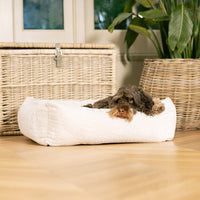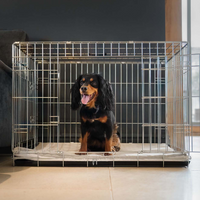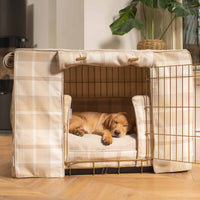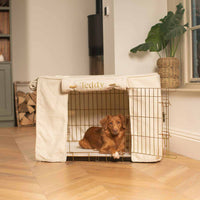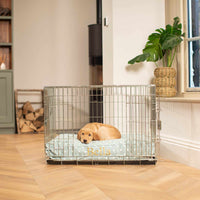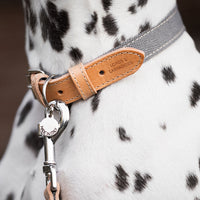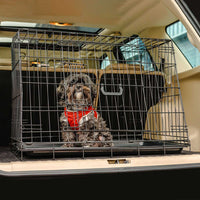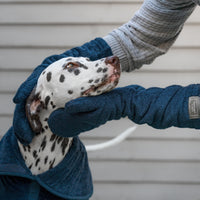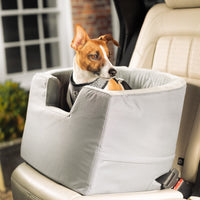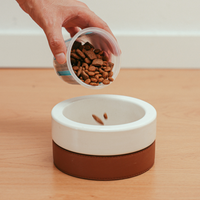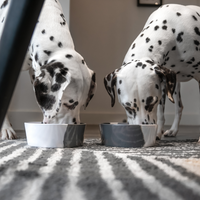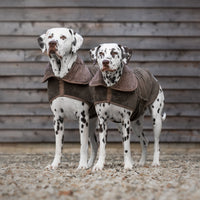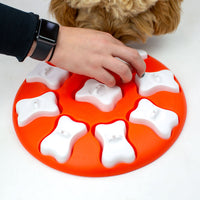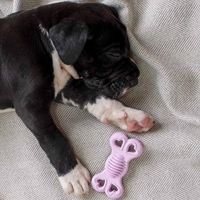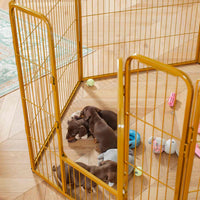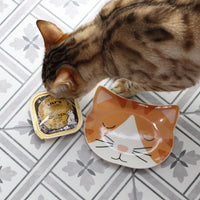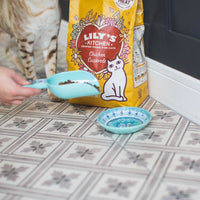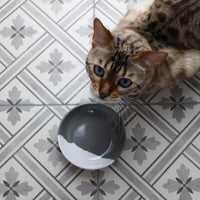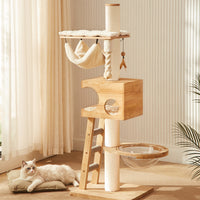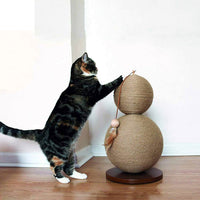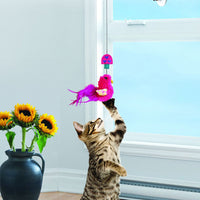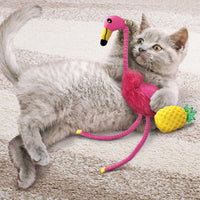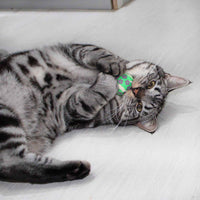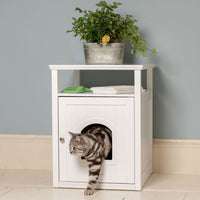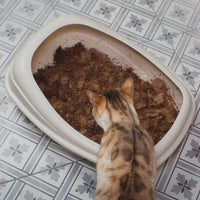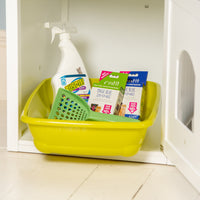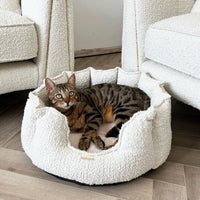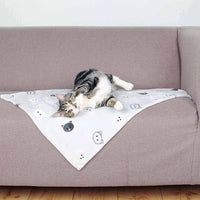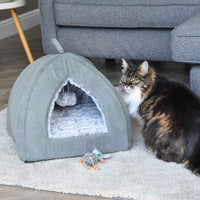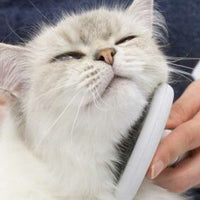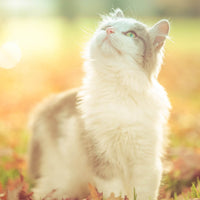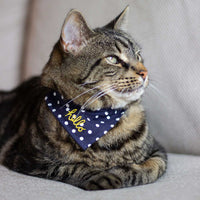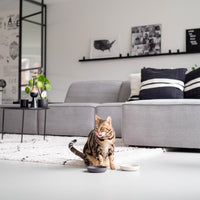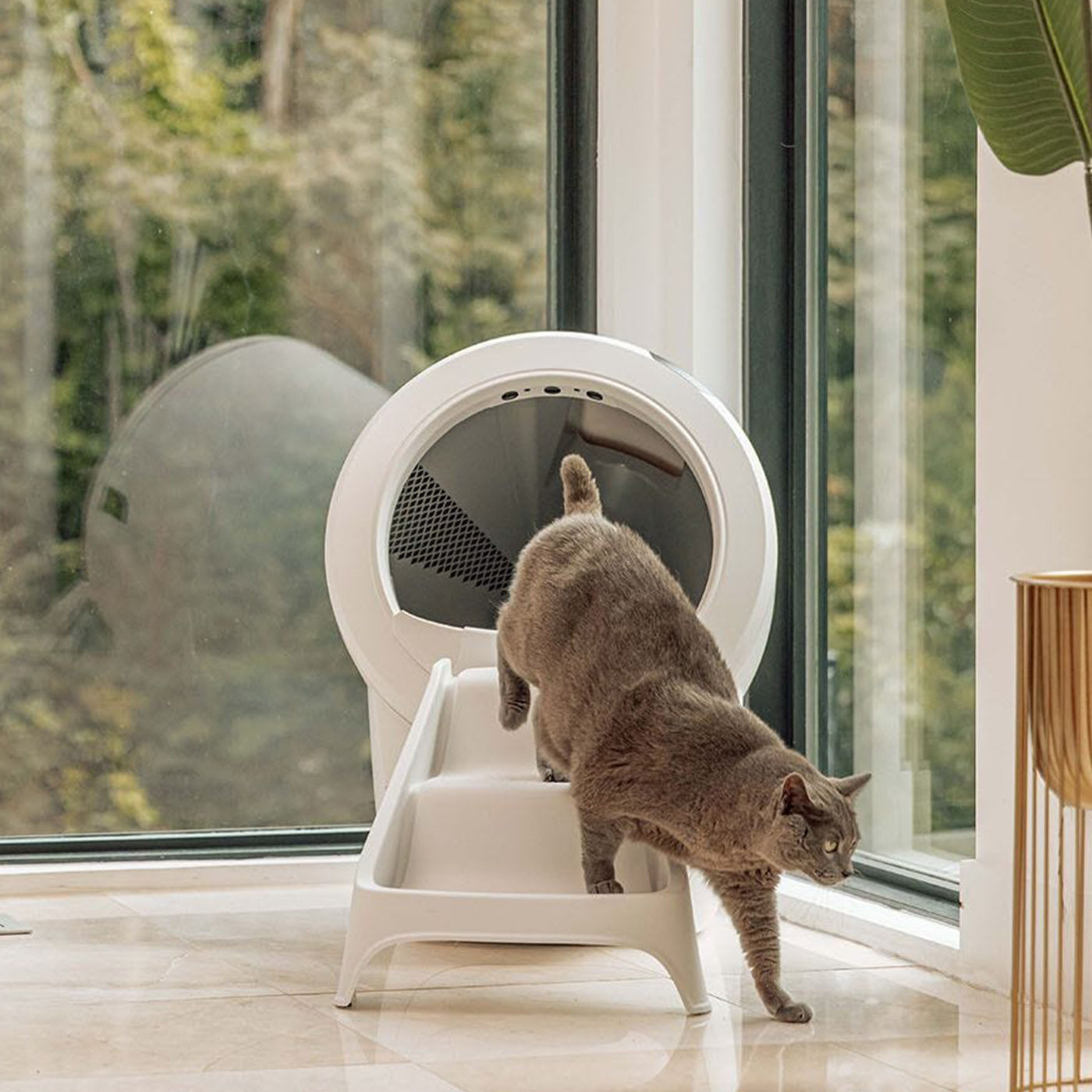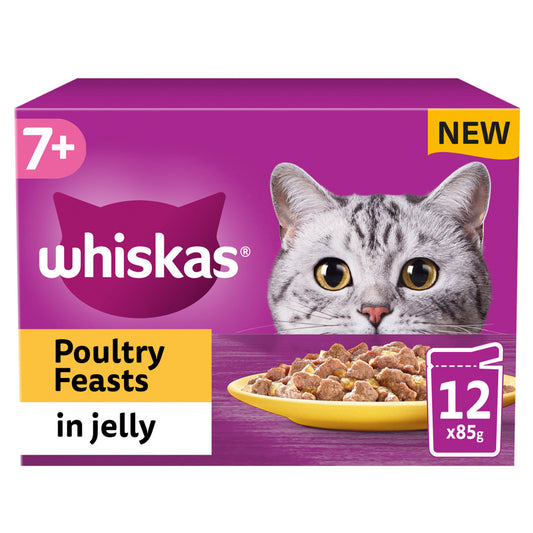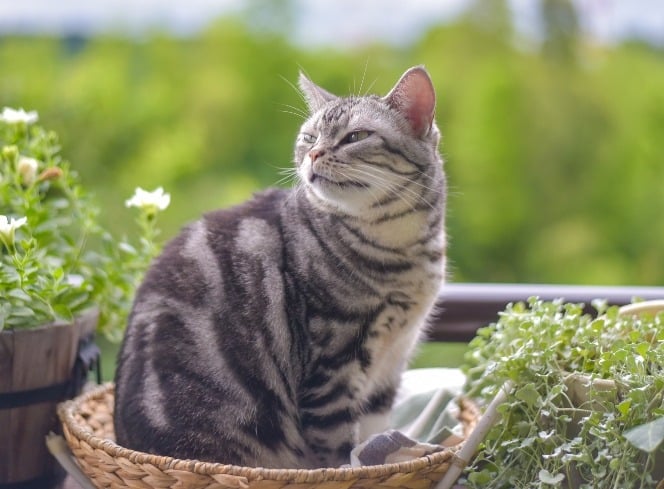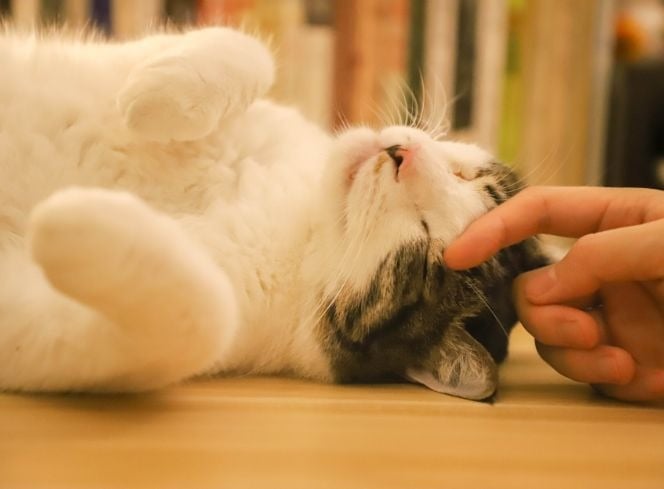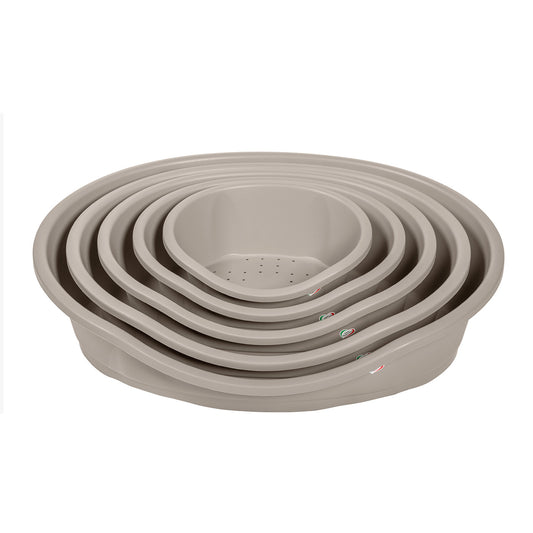As our feline companions grow older, their needs change just like ours do. Understanding how to care for a senior cat is crucial to ensuring they enjoy a healthy, happy, and comfortable life well into their golden years. In this guide, we will explore everything you need to know about caring for senior cats, including understanding what age a cat is considered senior, and offering practical advice on elderly cat care. Whether you're wondering, "How do I take care of a cat in its senior years?" or seeking expert tips on how to take care of cats of all ages, we've got you covered.
What Age is a Cat Considered Senior?
Before diving into the specifics of elderly cat care, it's essential to understand what age a cat is classified as senior. Generally, cats are considered seniors at around 7 to 10 years of age. However, this can vary depending on individual health and breed. Larger breeds, such as Maine Coons, might age more slowly, while smaller breeds or mixed breeds may show signs of aging earlier. Once a cat reaches 11 years old, they are typically considered to be in their senior phase, with geriatric status usually being attributed to cats over 15 years old.
Recognising that your cat has entered this life stage is the first step in adapting your care routine to meet their changing needs.

Are Cats Easy to Take Care Of as They Age?
One of the most common questions among cat owners is, "Are cats easy to take care of as they age?" The answer largely depends on the cat's health, but generally speaking, cats are relatively low-maintenance pets compared to dogs. However, senior cats do require more attention and specific care to address the issues that arise with aging.
This might include more frequent vet visits, adjustments to diet, and accommodations for decreased mobility or sensory changes. With the right care, many cats can enjoy a high quality of life even as they age, making the effort well worth it.
Key Aspects of Caring for Senior Cats
-
Regular Veterinary Check-Ups
As cats age, they become more susceptible to a range of health issues, including kidney disease, arthritis, dental problems, and hyperthyroidism.
Regular veterinary check-ups are essential for early detection and treatment of these conditions. Ideally, senior cats should visit the vet at least twice a year for a comprehensive health check, even if they seem perfectly healthy. Blood tests, urine tests, and other diagnostics can help catch issues before they become serious, ensuring your cat stays as healthy as possible. -
Nutrition and Diet Adjustments
Diet plays a crucial role in caring for senior cats. As metabolism slows down with age, older cats may require fewer calories to prevent weight gain, but their diet should still be rich in high-quality proteins to maintain muscle mass.
Additionally, senior cat food often includes added nutrients like omega-3 fatty acids for joint health, and antioxidants for immune support. We stock a large range of senior cat foods which are perfect for older cats, we particularly like the Lily's Kitchen Fish & Turkey Senior Dry Cat Food, it contains 70% freshly prepared fish and turkey which is great for maintaining muscle mass and it’s also pack full of vitamins to support their immune system.
If your cat has specific health concerns, such as kidney disease, your vet might recommend a specialised diet to manage the condition. It's important to monitor your cat's weight and adjust their food intake as needed to maintain a healthy weight, which is key to their overall well-being. -
Hydration is Key
Dehydration is a common issue in senior cats, particularly those with kidney disease. Ensure your cat has access to fresh water at all times. Some cats may prefer running water, so consider investing in a cat water fountain to encourage them to drink more.
We love the Catit fountains, the Pixi fountain has three different drinking options; calm flow, stream and bubbling top so cats can get the hydration they need in ways that appeal to them. It even has an LED nightlight so they can stay hydrated through the night. Wet food can also be beneficial as it provides additional moisture, which helps keep your cat hydrated. -
Comfortable Living Environment
As cats age, they may experience a decline in their mobility, making it difficult for them to jump onto high surfaces or climb stairs. Providing a comfortable and accessible living environment is crucial. Ensure that their bed is warm and placed in an easily accessible location. Consider placing ramps or steps to help them reach their favourite spots. Additionally, ensure litter boxes are easily accessible, with lower sides to make entry and exit easier for cats with arthritis or joint pain.

-
Mental and Physical Stimulation
While senior cats may be less active, they still need mental and physical stimulation to prevent cognitive decline and maintain a healthy weight.
Engage your cat in gentle play sessions with toys that encourage movement without straining their joints. Puzzle toys and interactive feeders can provide mental stimulation and keep your cat's mind sharp. We have a large range of interactive toys for cats so we’re sure to have something that your feline will love.
Spending quality time with your cat, whether through grooming, petting, or simply being together, can also help reduce stress and keep them mentally engaged. -
Monitoring Behaviour and Health Changes
Cats are masters at hiding discomfort, so it's crucial to be vigilant in observing any changes in your cat's behaviour or physical condition. Watch for signs such as increased sleeping, changes in appetite, weight loss or gain, difficulty moving, or alterations in litter box habits. These could indicate underlying health issues that require veterinary attention.
If you notice any changes, even subtle ones, don't hesitate to consult your vet. Early intervention is key to managing health problems in senior cats -
Dental Care
Dental issues are common in senior cats and can lead to serious health problems if left untreated. Regular dental check-ups are essential, and you may need to brush your cat's teeth at home or provide dental treats to help maintain oral health. Signs of dental problems include bad breath, drooling, difficulty eating, or pawing at the mouth.
The Emotional Side of Elderly Cat Care
Caring for a senior cat is not just about addressing physical needs. It's also important to provide emotional support. As cats age, they may become more affectionate or seek comfort from their human companions. Providing a calm, loving environment where your cat feels safe and cared for can make a significant difference in their overall quality of life.
Patience is also key; older cats may be slower to respond, or may need more time to adjust to changes in their environment or routine. Offering reassurance and maintaining a consistent routine can help reduce anxiety and keep your cat happy.

Providing the Best Care for Your Senior Cat
Caring for a senior cat requires a thoughtful approach that considers their changing physical and emotional needs. By understanding what age a cat is considered senior, staying proactive with veterinary care, adjusting their diet, and creating a comfortable living environment, you can help ensure that your feline friend enjoys their golden years to the fullest.
Remember, the key to caring for senior cats is regular monitoring, early intervention, and a lot of love. With the right care, your senior cat can continue to be a cherished companion for many years to come.
By addressing these aspects, you can confidently answer the question, "How do I take care of a cat in its senior years?" and provide your pet with the best possible care, making their later years as enjoyable and fulfilling as their younger days.


